Ceramsite
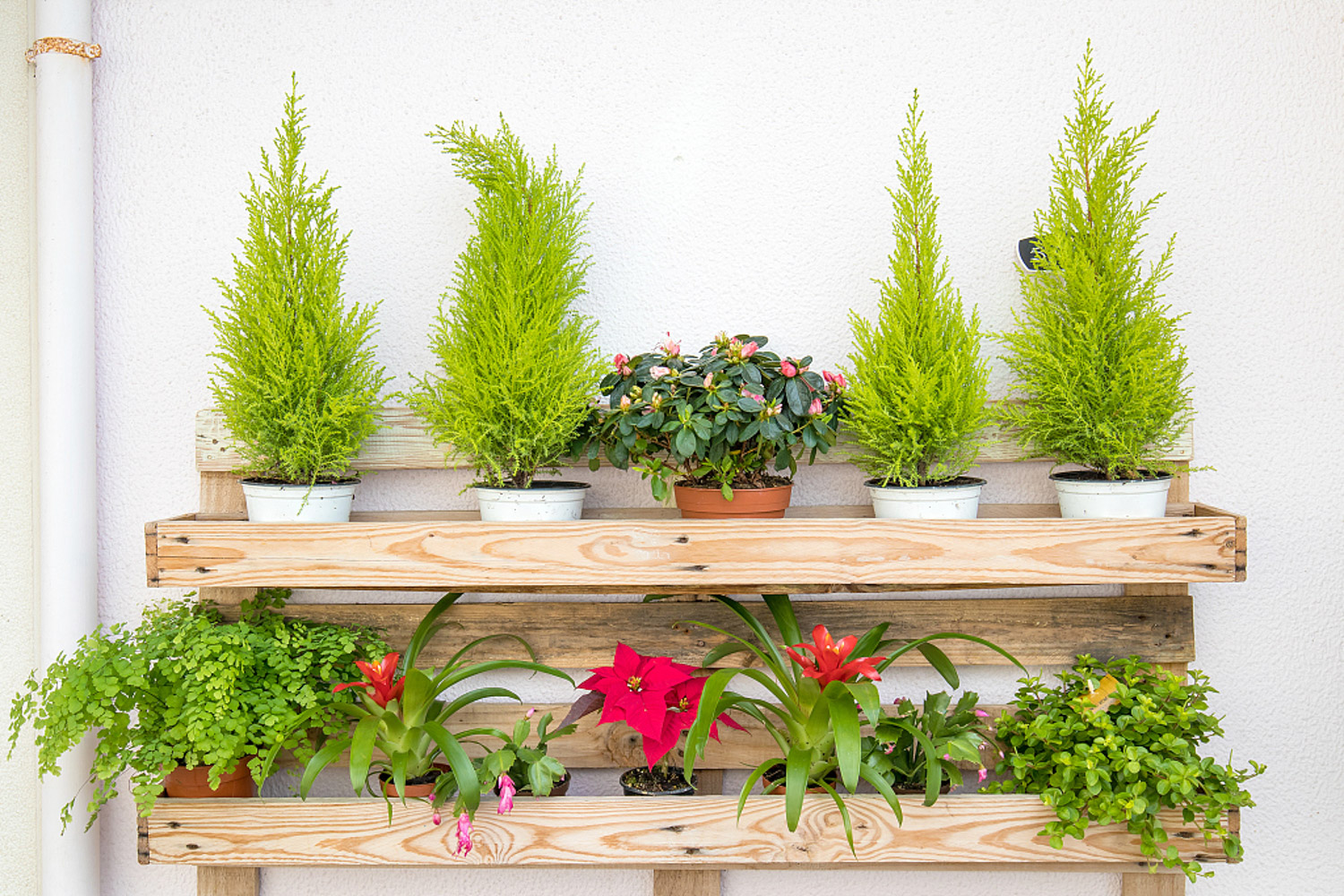
Ceramsite, also known as foaming Smelting Stone, is fired at high temperature. There are many small holes on the surface, which is conducive to water and air permeability. We usually put the ceramsite on the bottom of the basin or as a pavement, which can absorb excess water and prevent root rot
If the ceramsite is used to pad the bottom of the pot, it can be paved at the bottom of the pot. As a pavement, it is generally placed in a deeper pot and paved on the surface of the flower soil for about 5cm, leaving a distance above for watering
Coarse sand
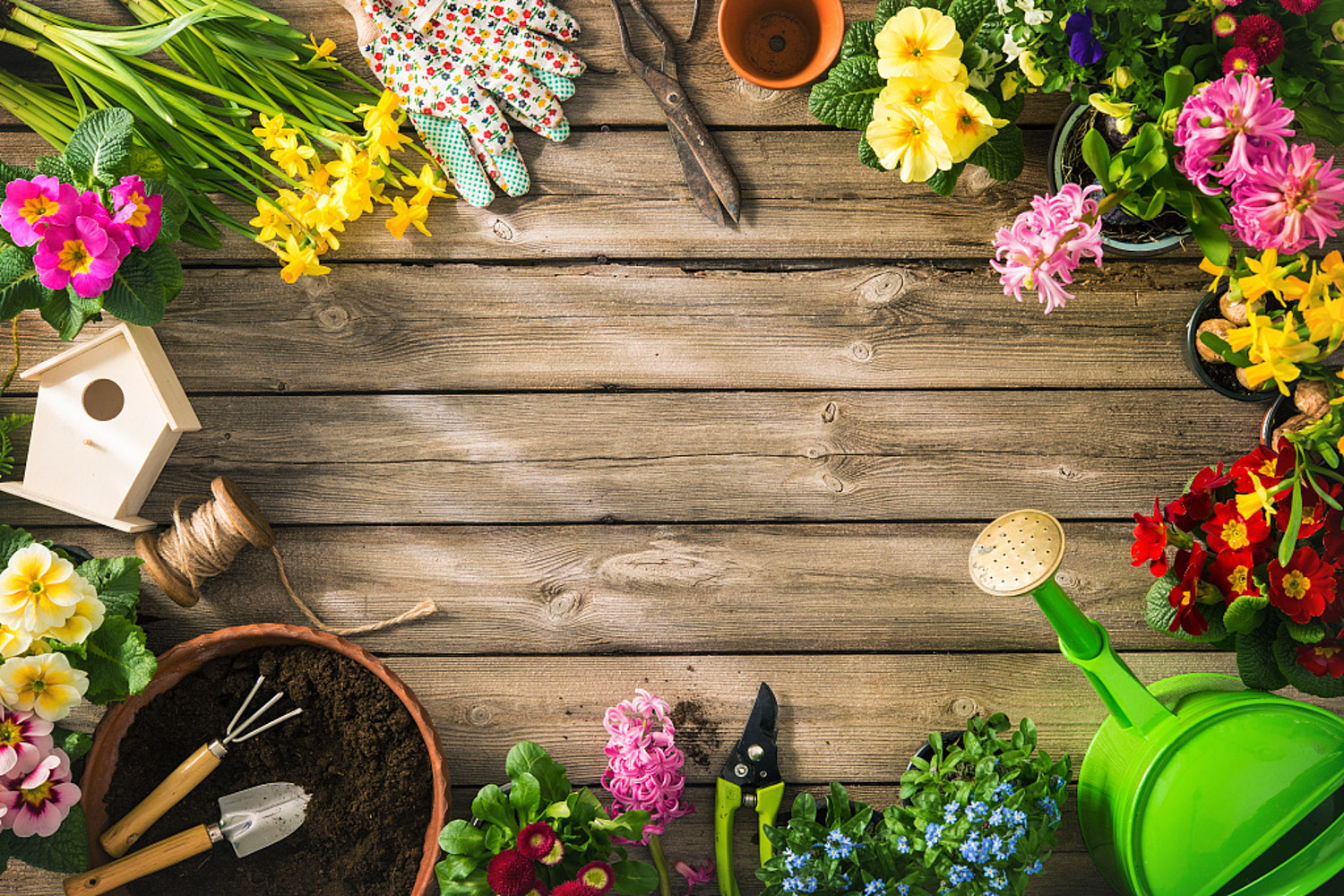
Coarse sand is also known as river sand. It is a material with very good drainage and air permeability. Generally, we will prepare flower soil with nutrient soil in the ratio of 1:1
Coarse sand can effectively prevent soil hardening, ventilate and drain water, and prevent plant root rot
Coarse sand can be used as the culture medium for Green Cutting Rooting, and the effect is very good
Brick tile
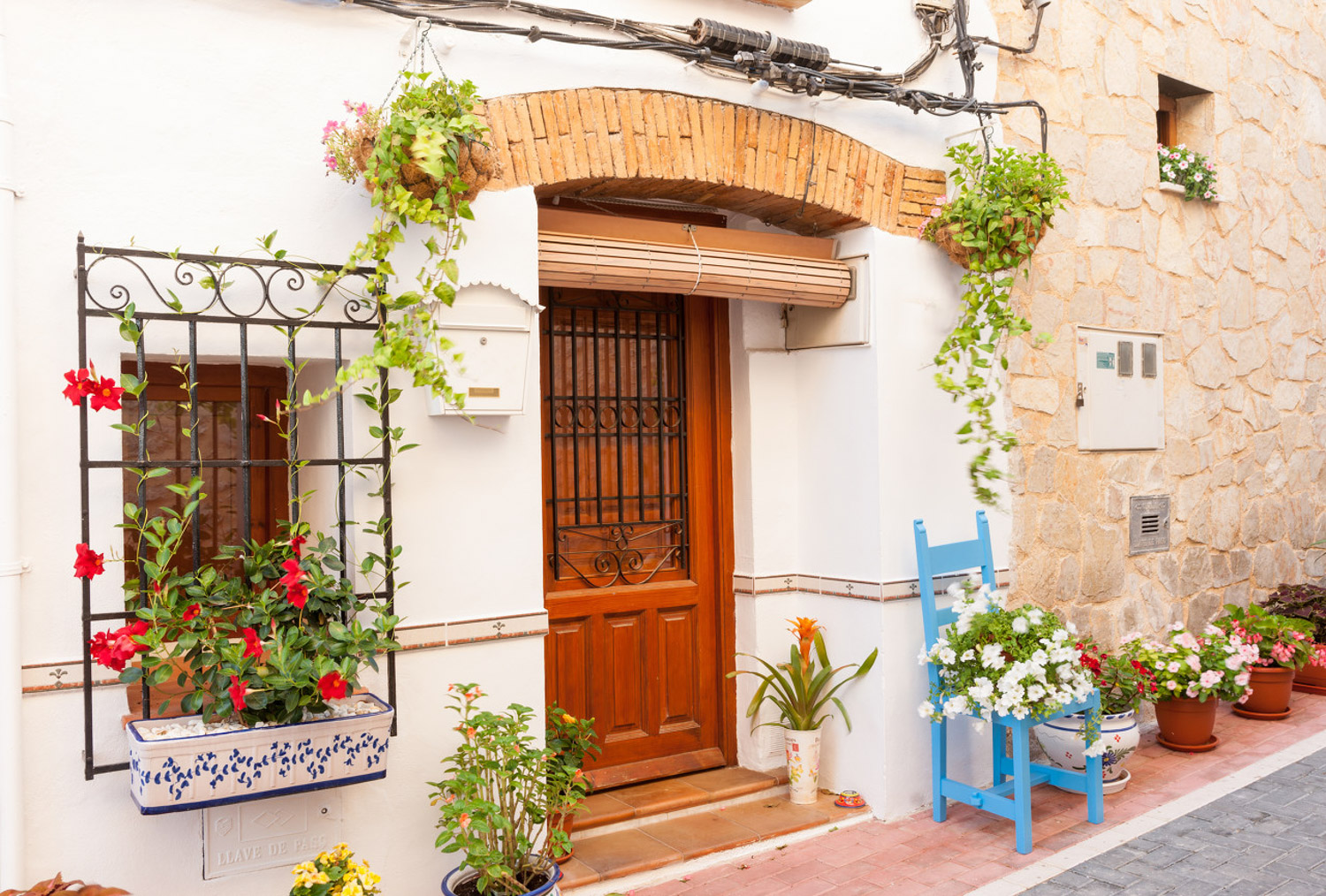
Bricks and tiles also have good drainage. At the same time, they can also absorb excess water and avoid plant root rot
When using, first knock the bricks and tiles into small pieces of about 1cm. When padding the basin bottom, be careful not to let it block the drainage hole. It can also be used as pavement
Sawdust
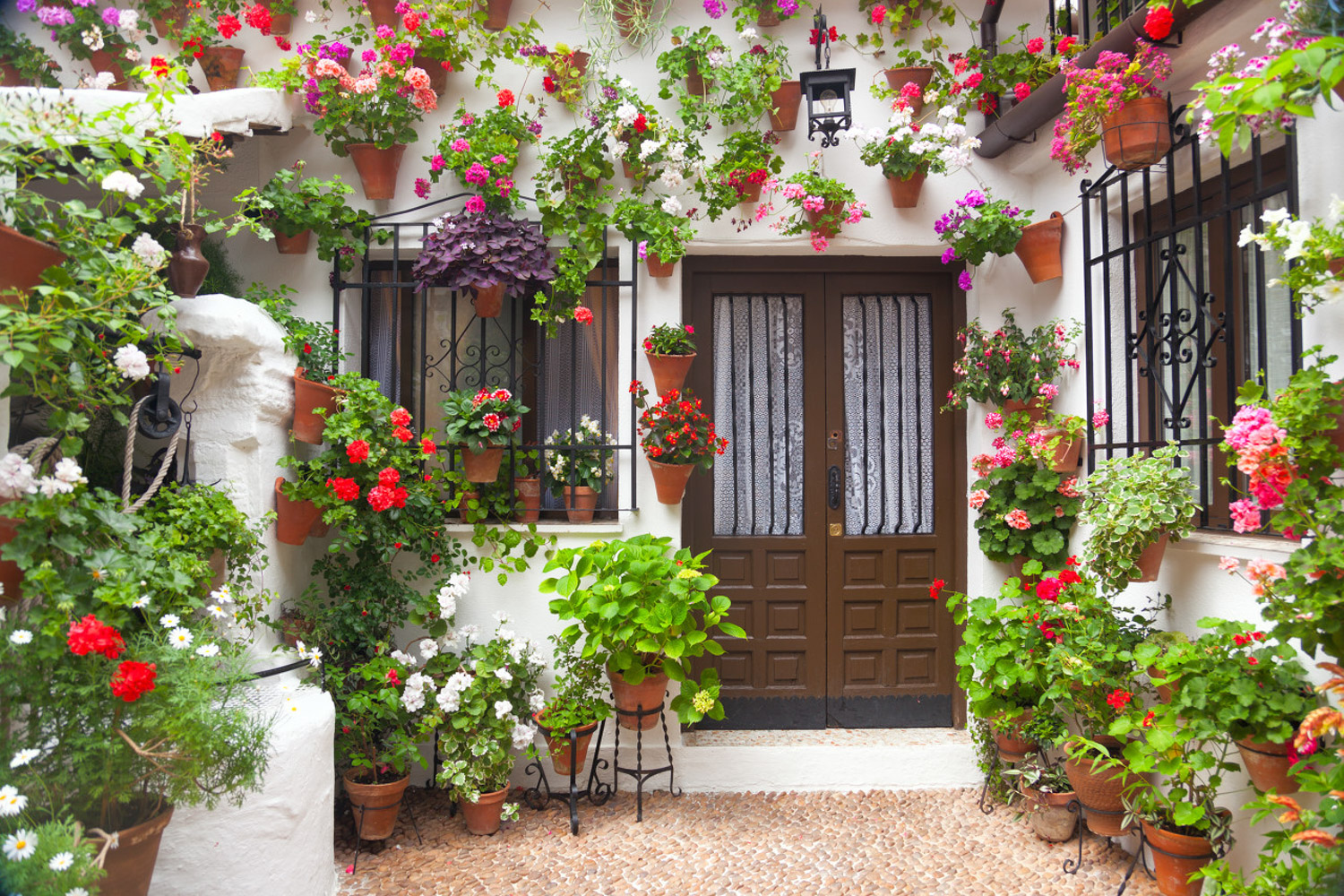
Sawdust has good properties of looseness, air permeability, water permeability and water retention. At the same time, it has strong thermal insulation, which is very beneficial to the growth of plant roots
Fresh sawdust must be decomposed before it can be mixed into the soil. Put the sawdust in a plastic bag, pour it into clean water, seal it, and expose it to the sun. After 1 ~ 2 months, the color turns black and the decay is completed
After the rotten wood chips are dried, they can be mixed into the soil or used as pavement. Raising orchids with wood chips can avoid the root rot of orchids and make them grow stronger
Charcoal
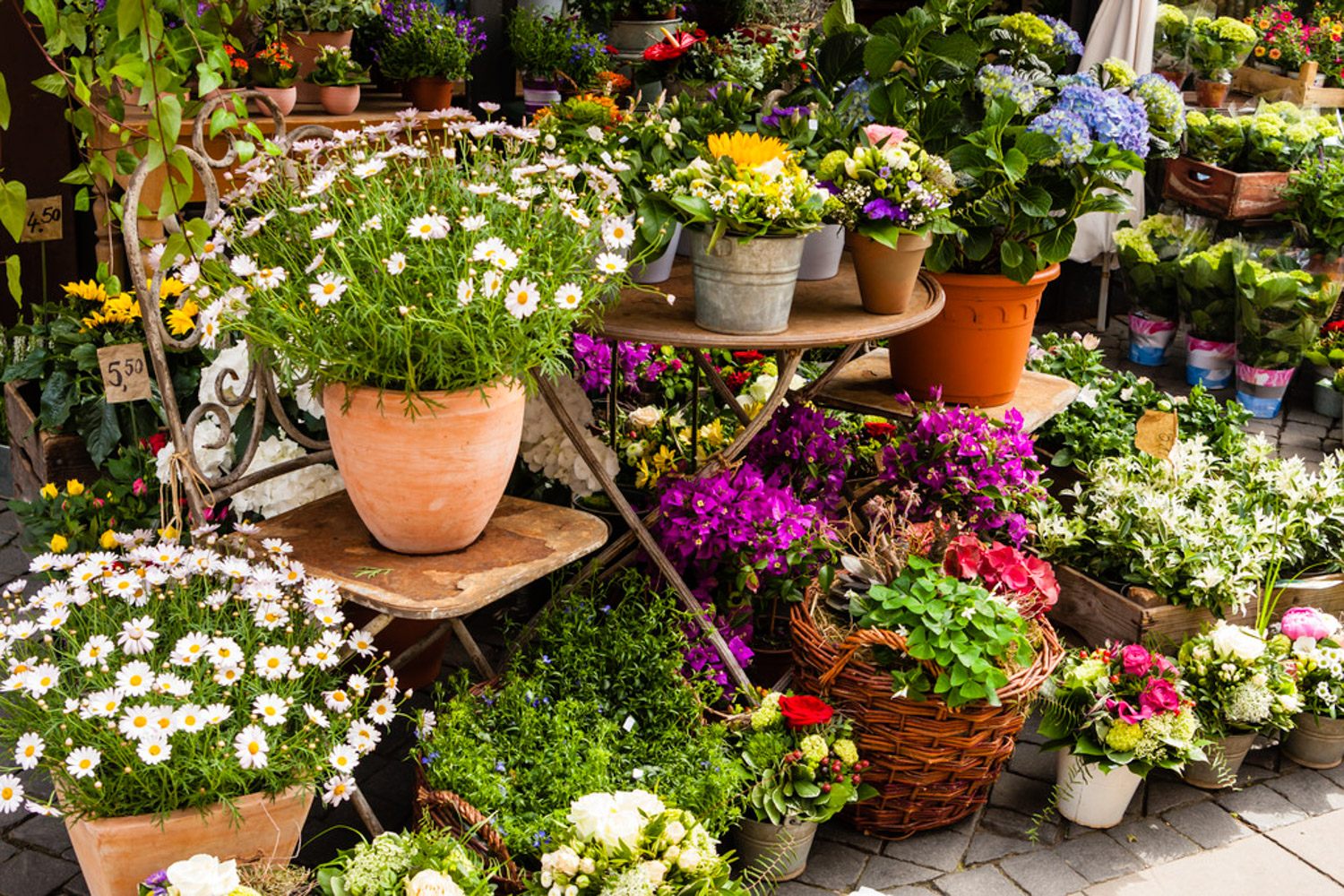
The texture of charcoal is relatively loose. It not only has strong drainage, air permeability and good moisture retention, but also can bring a good temperature and humidity environment for plants, prevent root rot and promote the healthy growth of flowers
When using, first break the charcoal into small pieces of about half a centimeter, wash it repeatedly with water and then dry it, and then mix it evenly with the garden soil in the ratio of 1:2 as basin soil
Cinder
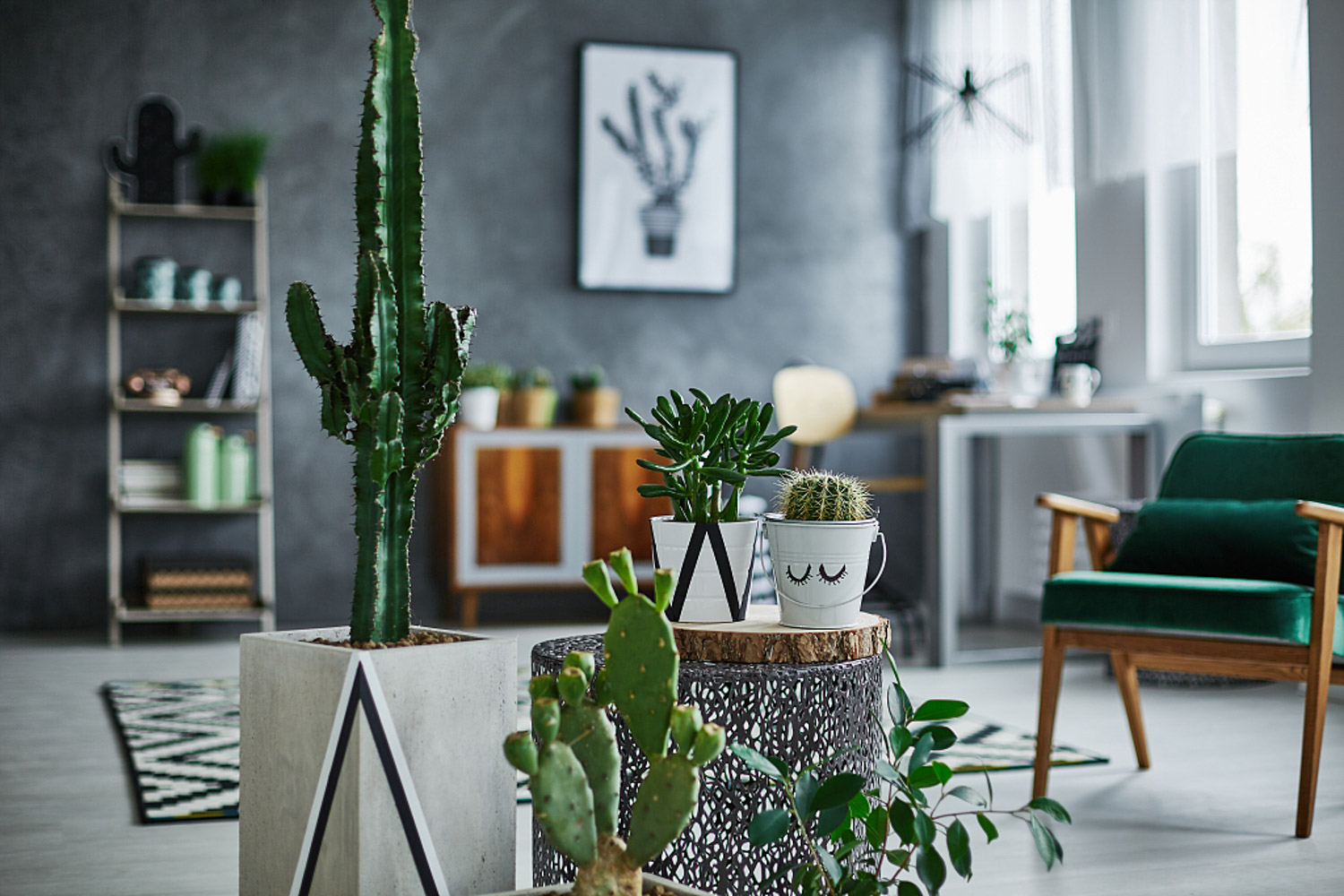
The completely burned cinder has many small holes, which makes it have good drainage and air permeability. The trace elements contained in it can also provide nutrition for the flowers. Be careful not to use black unburned cinders
After the cinder is knocked into tiny particles, it is necessary to wash it repeatedly with clean water to remove the alkali. It is best to soak it for 2 ~ 3 days, otherwise it is easy to make the plant yellow leaves and rotten roots
The treated cinder and garden soil can be mixed in the ratio of 1:2 to prepare flower soil, which can not only drain and breathe, but also provide nutrition for flowers
Well, that's all for today
The flowers in the house don't drain well and are easy to rot
Just try it

 how many times do yo...
how many times do yo... how many planted tre...
how many planted tre... how many pine trees ...
how many pine trees ... how many pecan trees...
how many pecan trees... how many plants comp...
how many plants comp... how many plants can ...
how many plants can ... how many plants and ...
how many plants and ... how many pepper plan...
how many pepper plan...



























